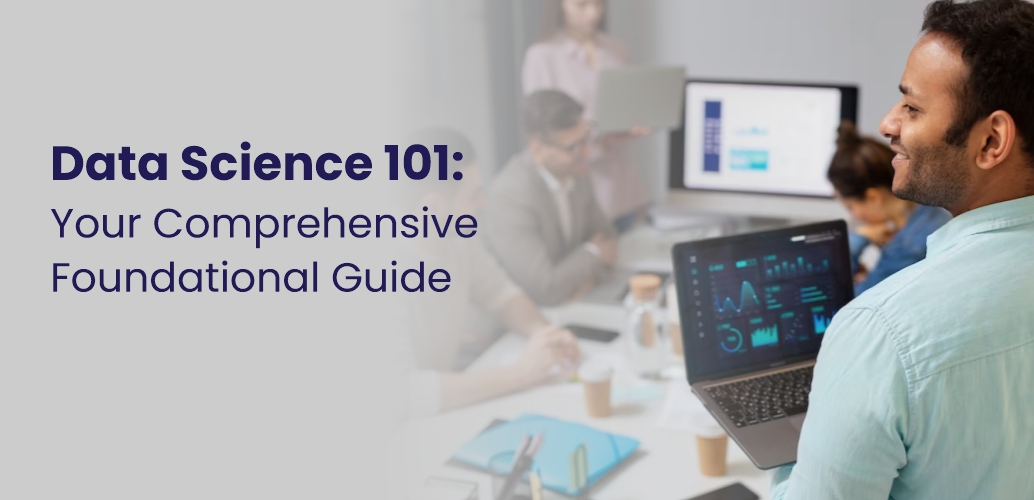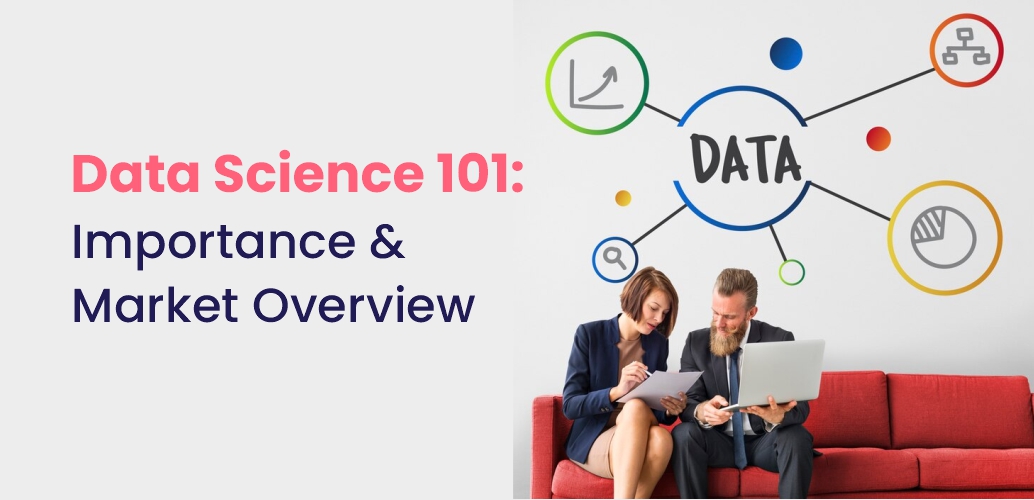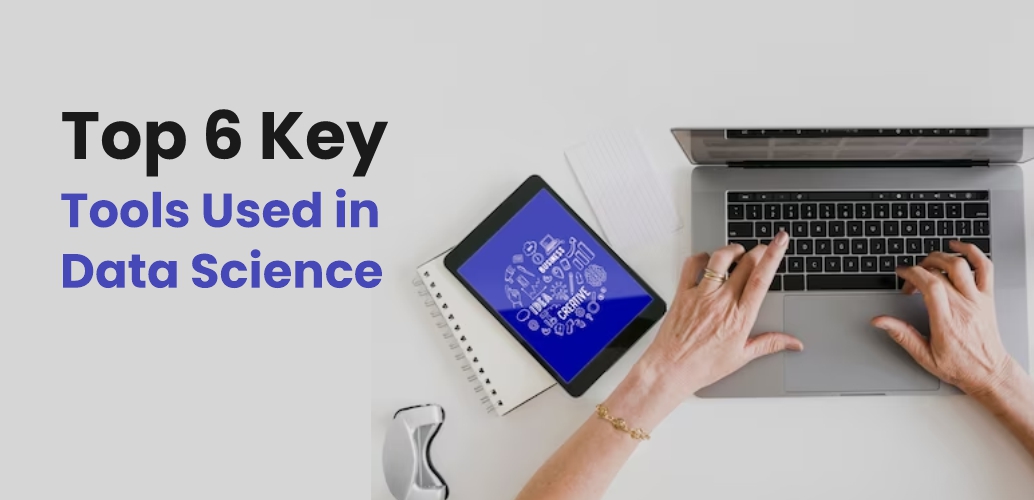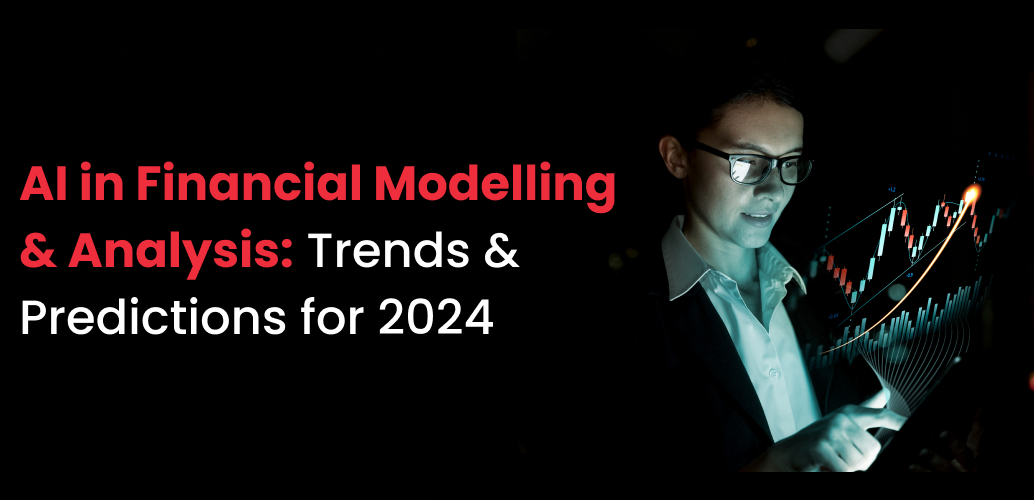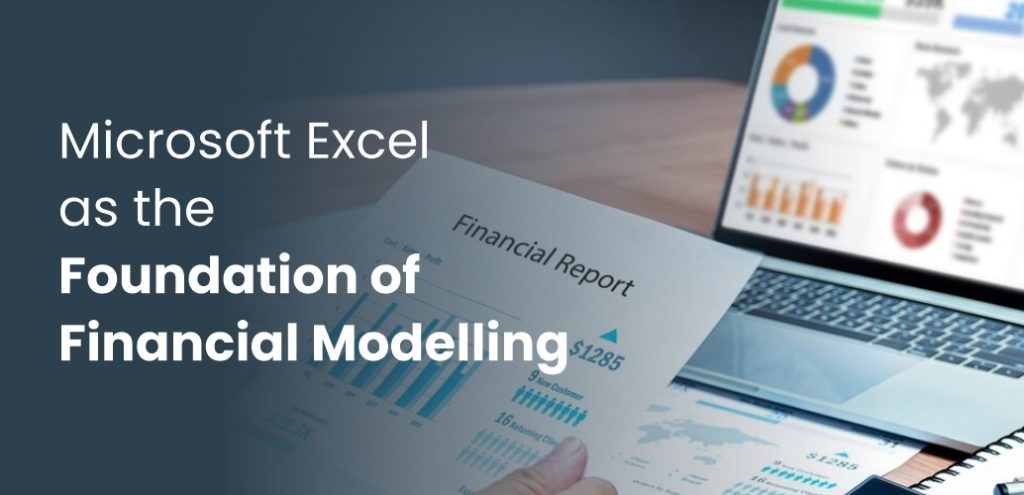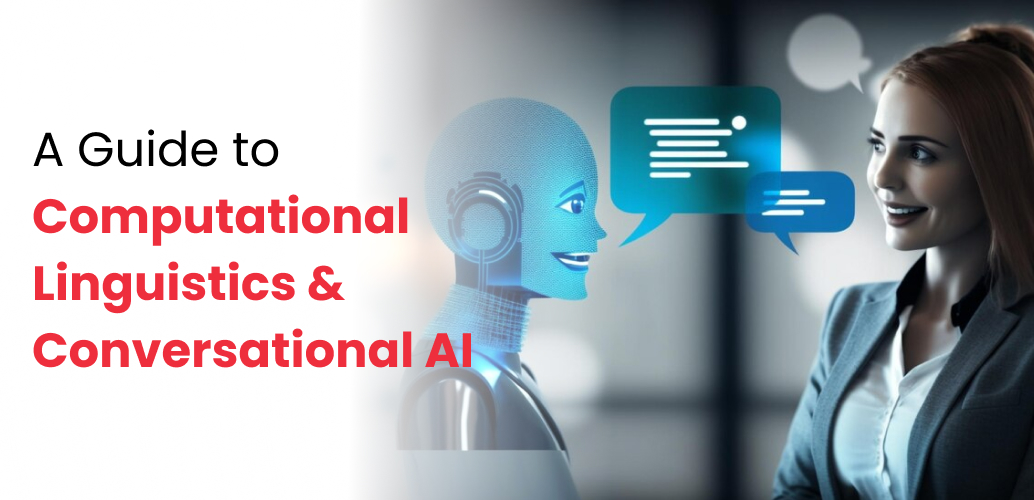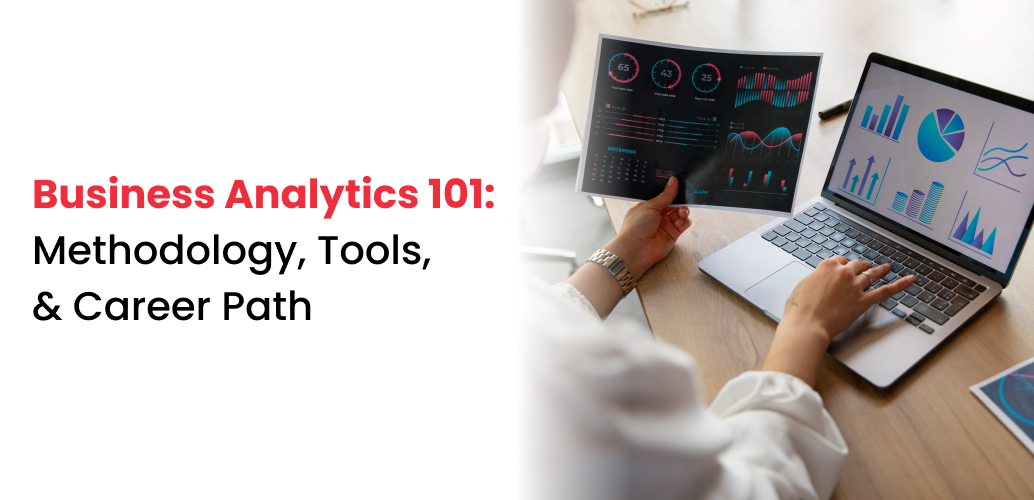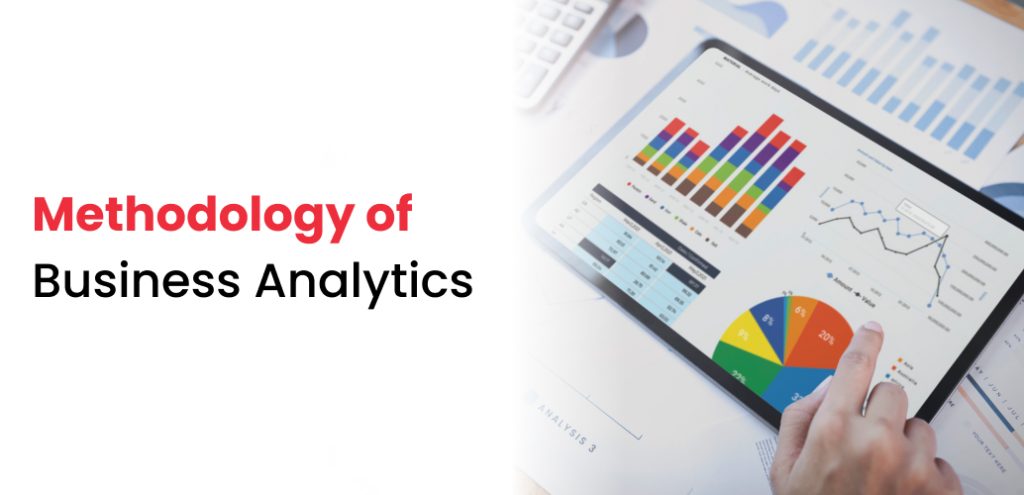Which 3 Major Scenarios Should You Consider in Scenario Planning?
What Is Financial Modelling and What Is It Used For?
Become an Expert in Scenario Planning and Financial Modelling
- How to create an effective scenario plan?
- How does scenario planning benefit aspiring financial planners?
- What are the benefits and limitations of scenario planning?
- Why choose upGrad Campus to learn scenario planning and financial modelling?
You would likely have heard the quote, ‘Prevention is better than cure’. It emphasises the importance of being ready for all situations rather than simply reacting to what happens. Scenario planning is the same concept, just that it’s applied in businesses.
It enhances the resilience and responsiveness of organisations in case of any future disruptions. This planning is vital in anticipating market forces to take advantage of opportunities.
To do so, scenario planning and financial modelling come in handy.
Here is your guide to understanding and applying these concepts to excel in strategic management.
What Is Scenario Planning?
Scenario planning is a method business leaders adopt to be ready with plans for all kinds of possible futures. They identify all ranges of potential outcomes as well as the impact they can have. This includes both positive and negative possibilities.
Types of Scenario Planning
There is no one-size-fits-all. Just like how every business is unique, its scenario planning needs to be unique as well. Different businesses can use any of the following general types of scenario planning:
- Initiative-based scenario planning: Layering different initiatives and their combinations on the baseline scenario.
- Multi-level driver-based analysis: A ‘what-if’ analysis incorporating dependent and independent drivers.
- Single variable sensitivity analysis: Changing one variable while keeping others constant.
- Operational scenario planning: Exploring the immediate impact of events to form short-term strategies.
- Normative scenario planning: A planning based on how the company prefers to operate in the future.
- Strategic management scenario planning: Scenarios based on the environment of consumption of products/services.
- Quantitative scenario planning: Financial models presenting the best and worst cases with the help of model outputs.
Which 3 Major Scenarios Should You Consider in Scenario Planning?
Finance experts recommend considering these three business scenarios while doing scenario planning for financial modelling.
1. Original Plan Scenario
The original plan scenario is the business plan for that financial year. It is crucial to consider that year’s budget while forming this scenario. In case of any deviation from earlier estimates, this original plan allows project managers to reconsider and update their analysis. Simply put, the original plan scenario is the baseline for the scenarios explained below.
2. Probable Case Scenario
The currently collected data form the base of the probable case scenario. As the name suggests, this scenario is what you expect will happen. It could point towards either profit or loss for the business.
3. Worst Case Scenario
The worst-case scenario depicts the condition of the business in case losses occur. These losses could result from a range of factors, including delayed revenue or unforeseen circumstances.
What Is Financial Modelling and What Is It Used For?
Financial modelling forecasts a company’s future financial performance. It includes various assumptions about the future, used to prepare cash flow statements, balance sheets, and income statements.
The financial model output assists in making decisions and performing financial analysis. These decisions may involve selling assets, budgeting, or making decisions for business growth.
Become an Expert in Scenario Planning and Financial Modelling
Scenario planning is a tool that enhances the planning of strategies and finances of an organisation. After successful scenario planning, business leaders gain in-depth insights into all the possible future paths.
All this revealed information helps financial planners set priorities, estimate budgets, update forecasts, or reshape a strategic plan. The creative thought process of scenario planning enables leaders to make data-driven decisions and stay prepared for the unexpected future.
The upGrad Campus’s financial modelling course helps students understand scenario planning, financial modelling, and analysis through hands-on projects and industry case studies. It also covers in-demand tools and platforms like MS Excel, Tableau, Power BI, and ChatGPT in the curriculum.
Also read: Why Financial Modelling and Analysis is the Ultimate Skill in 2024?
FAQs
1. How to create an effective scenario plan?
First, identify the key drivers of the business model, which may be independent or causal variables. Now, define the business logic by using the correlation between these variables and financial outcomes. Next, review all the assumptions made with stakeholders and SMEs. Once finalised, use the assumptions to build scenarios.
2. How does scenario planning benefit aspiring financial planners?
Once aspiring financial planners get a hold of scenario planning, they can work through assumptions and influences that affect the business. It helps them draw a financial model that best fits the interests of the organisation. Several financial modelling courses with placement easily guide through the process.
3. What are the benefits and limitations of scenario planning?
Scenario planning enhances the decision-making process and improves the risk management, communication, and resilience of an organisation. However, it is time-consuming, based on assumptions, has limited predictability, and overemphasises the future. Learn to use it effectively with the financial modelling certification course.
4. Why choose upGrad Campus to learn scenario planning and financial modelling?
From the numerous financial modelling courses with a placement available online, only the job-ready program of upGrad Campus is in association with the industry giant PwC. The curriculum is designed to benefit both freshers and professionals.
Also Watch:
Disclaimer: The success of job placement / interview opportunity depends on various factors including but not limited to the individual’s qualifications, experience, and efforts in seeking employment. Our organization makes no guarantees or representations regarding the level or timing of job placement / interview opportunity. Relevant terms and conditions will apply for any guarantee provided by upGrad.


